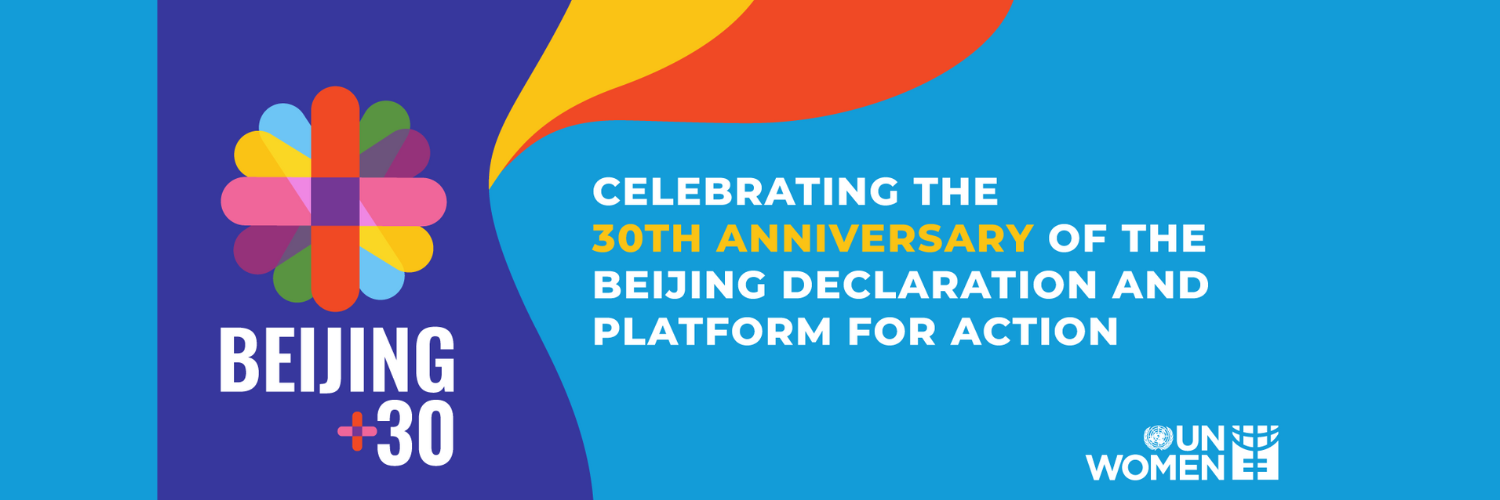Report Reveals Vast Divide on Gender Between UN Agencies, Member States

WASHINGTON, D.C. February 28 (C-Fam) As the UN prepares to commemorate the 30th anniversary of the landmark Beijing women’s conference, a new report from the Secretary-General raises a key question: are member states being asked to reaffirm what they agreed to in 1995 or an entirely disconnected and controversial agenda being pushed by the UN’s agencies?
The report of the Secretary-General is intended to assess the state of implementation of the Beijing Declaration and Platform for Action. However, much of what it assesses was not part of that original agreement—indeed, much of it was purposely excluded due to lack of consensus and strong opposition from more conservative governments.
The issue of abortion was raised both at Beijing and at the International Conference on Population and Development (ICPD), held the previous year. In both negotiations, and in UN negotiations since then, attempts to introduce an international human right to abortion were rejected. In the Secretary-General’s report, a section on “ensuring women’s access to affordable, good quality health services” includes a paragraph on countries that have liberalized their abortion laws. A section on “protecting women’s human rights in conflict and crisis” mentions “timely abortion care” as a service for women who survived conflict-related sexual violence, implying that this is an international right.
Scholars were beginning to sound the alarm on gender ideology at the Beijing conference and the ICPD. In the Beijing agreement, the term “gender” was carefully qualified: it was to be understood only according to its “ordinary, generally accepted usage.”
UN agencies, including those specifically tasked with implementing the Beijing platform, have not limited themselves to this definition. The Secretary-General’s report, which refers to “gender” almost eight hundred times, discusses transgender people as well as “women, girls, and gender-diverse people,” as well as the acronym “LGBTQ+.”
The phrase “sexual and reproductive health and rights” (SRHR) has been rejected repeatedly by the General Assembly and other negotiating bodies at the UN since the 1990s, yet it is routinely used by UN agencies. It has only ever been defined by nongovernmental organizations, who insist that it includes abortion, gender ideology, and other controversial issues like comprehensive sexuality education. SRH also appears within the Secretary-General’s report, which calls on countries to “and maintain a strong focus on access to and quality of SRHR.”
The report also positions itself in opposition to the “growing pushback” by conservative governments and civil society organizations against the UN’s excesses. It cites the UN secretariat’s “Clarion Call” for gender equality, which urges UN leaders to “consistently insist that women’s and girls’ rights, gender equality and SRHR are addressed in all Secretary-General reports and briefing.” The “Clarion Call” is framed as a response to “anti-gender ideology” campaigns and a “broader anti-rights agenda,” which are terms used to exclude mainstream conservative voices from participation in the UN system.
The Secretary-General’s report contains several mentions of “dis- and misinformation” as a threat to women’s rights, without specifying examples. As with the “anti-rights” language, this framing has been used to justify censoring dissenting voices in debates at the UN and elsewhere.
Ultimately, the report seeks to evaluate the UN system on implementing the version of gender equality that UN agencies, operating outside their mandates, have been working to push around the world. Next month, when delegations from world governments convene at the Commission on the Status of Women, they will have to choose to affirm the agreements from Beijing or reject once again the parallel agenda that they have been resisting ever since.
View online at: https://c-fam.org/friday_fax/report-reveals-vast-divide-on-gender-between-un-agencies-member-states/
© 2026 C-Fam (Center for Family & Human Rights).
Permission granted for unlimited use. Credit required.
www.c-fam.org








